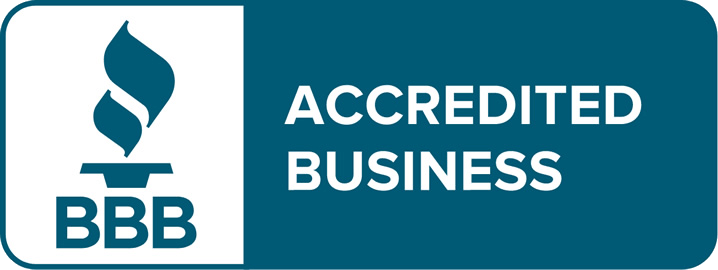Over the nearly 20 years that I have been in practice I can’t tell you how many times I spoke with taxpayers believing that they had their resolution under control by making voluntary payments. These soon-to-be clients suffered from all too common misperception that these payments would in some way deflect attention from their case or cause it to be put to the bottom of the collection pile.
Unfortunately, they couldn’t be more wrong and it’s usually a levy or lien that brings about the realization. Yes, of course, voluntary payments are important to paying unpaid taxes. In fact, they are the first thing I recommend in nearly every case, especially employment tax cases. But to think that voluntary payments alone will alter the course of one’s case can be a huge miscalculation. State and IRS collections are done by system. They’re not whimsical or based on good faith. Until a tax liability is paid in full or a formal resolution, such as installment agreement, is agreed to the collection process moves forward exposing taxpayers to liens and levies.
Just recently, in fact, I encountered this very situation. A taxpayer came to me at the end of last year irate about being levied by the IRS. The company owes the IRS just over 100k in employment taxes but the owner of the company had been making voluntary payments of $2,000 per month. He hadn’t spoken with the IRS but had noted less mail was coming since beginning the voluntary payments. He was angry that the levy followed his very obvious effort at resolving the situation. Unfortunately, this taxpayer had assumed that his payments had directly influenced the IRS’ lack of urgency with his case.
 Immediately, I began my effort of educating the taxpayer about the collection process. Most every state and definitely the IRS has a set protocol for collecting unpaid taxes. The process begins with notification of a balance due, letters with an increasing demand for payment and ultimately assignment to a field personnel for collection. Every collection case goes through this protocol until the liability is paid or a collection determination is made. A collection determination means the state or IRS’ decision on how the liability will be resolved. A tax practitioner’s goal is to mold and influence that collection determination within the rules to their clients’ best interests.
Immediately, I began my effort of educating the taxpayer about the collection process. Most every state and definitely the IRS has a set protocol for collecting unpaid taxes. The process begins with notification of a balance due, letters with an increasing demand for payment and ultimately assignment to a field personnel for collection. Every collection case goes through this protocol until the liability is paid or a collection determination is made. A collection determination means the state or IRS’ decision on how the liability will be resolved. A tax practitioner’s goal is to mold and influence that collection determination within the rules to their clients’ best interests.
The point here is that making voluntary payments, while advisable, does not alter the collection process. Short of full paying the liability proactive and consistent contact with the authorities is not just recommended but required in order to ensure that a client remains protected from enforcement action.
If you find yourself in this situation, it is now more important than ever to get in contact with us. We are always here to answer any questions that you might have about your particular situation. Make it a point to contact us today so that we can get your life back on track.



